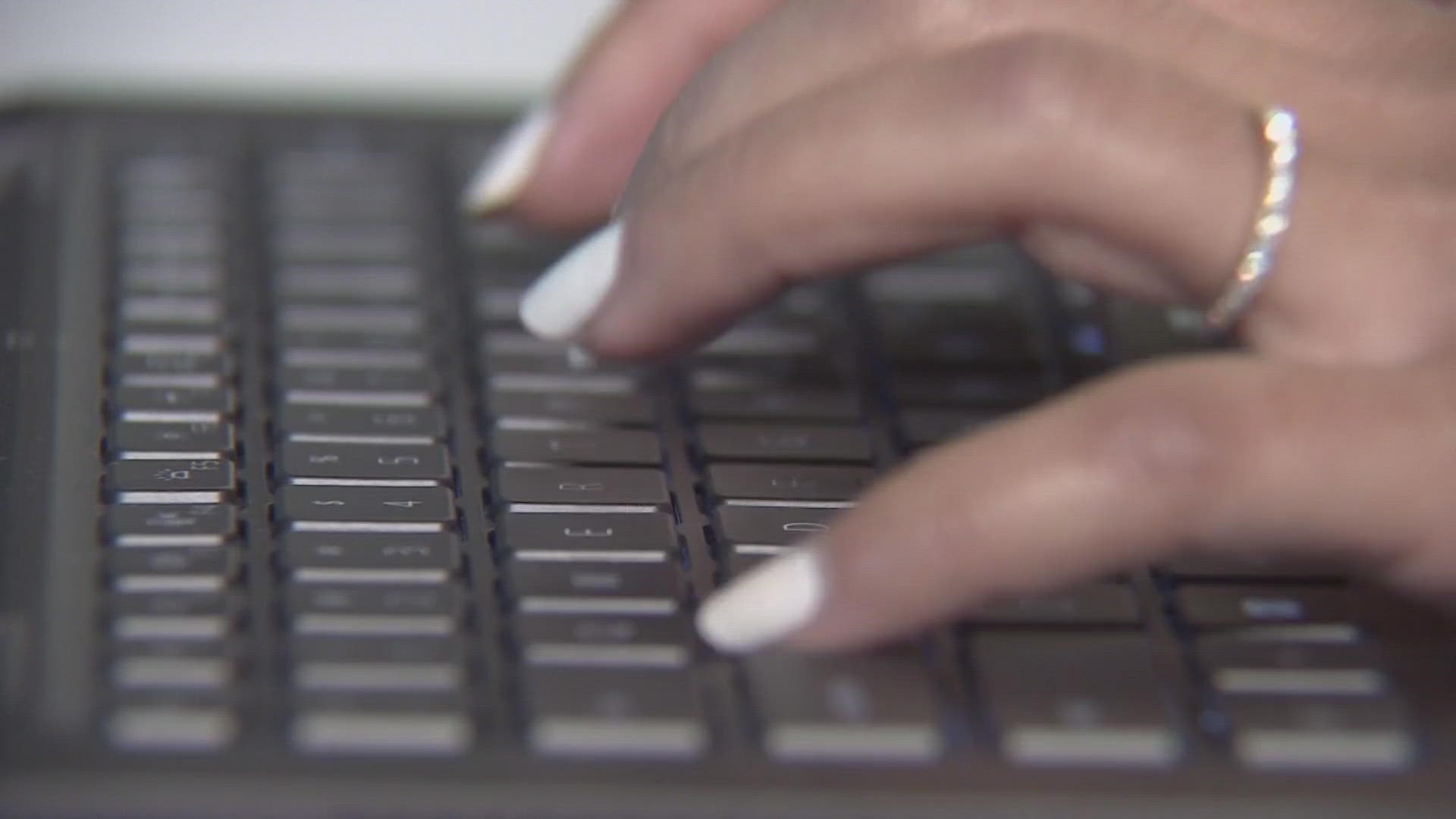SEATTLE — If it seems like the world can't get enough of the viral language tool ChatGPT which uses Artificial Intelligence to generate essays, poems and even music lyrics, you Are not alone.
From Microsoft's multi-billion dollar investment in ChatGPT parent company OpenAI earlier this month to the announcement of a $20-a-month premium service on Wednesday, more people are using chatbots like ChatGPT which in turn is making the program smarter.
That is causing some concerns about the ways people are using them, including cheating in the classroom.
Seattle Public Schools confirmed to KING 5 ChatGPT and other chatbot programs are currently blocked on school devices that are provided to students.
But for some parents, the first step to tackling cheating starts at home.
"The number one responsibility when it comes to technology is teaching our kids how to use it responsibly," said Marcie Cheung, a mom and travel blogger.
Cheung has two boys both under the age of 10 who spend a lot of time online between e-learning during the pandemic, research for school projects and social media.
When it comes to her kids being online, Cheung said the conversation about what's real and what isn't started early.
But it's increasingly becoming a harder task when chatbots like ChatGPT are designed to look and sound like a human being.
"New technologies have long stretched faculty to try and, you know, think about how to respond to a new technology landscape and improve what they do in the classroom," said Penelope Moon who is the director of the University of Washington's Center for Teaching and Learning.
Moon said AI is just the latest in a long conversation about how students learn and adapt to new technologies thoughtfully and ethically in the long term.
This week, Open AI rolled out a new feature that can detect if an essay was written by a chatbot or a human, but it's not perfect like the main feature.
Moon said this stresses the need to connect assignments to lived experiences and focus on teamwork, not facts and memorization.
A sentiment echoed by Seattle Public Schools who said over email they are working to allow educators who want to use Chat GPT as a teaching tool be able to access the program saying, "We can't afford to ignore it."
"Struggle is inherent in the learning process, so if students are using these tools as a way to avoid intellectual struggle, then they're shortchanging themselves," Moon said.

